Publications
Articles, publications, books, tools and multimedia features from the U.S. Institute of Peace provide the latest news, analysis, research findings, practitioner guides and reports, all related to the conflict zones and issues that are at the center of the Institute’s work to prevent and reduce violent conflict.
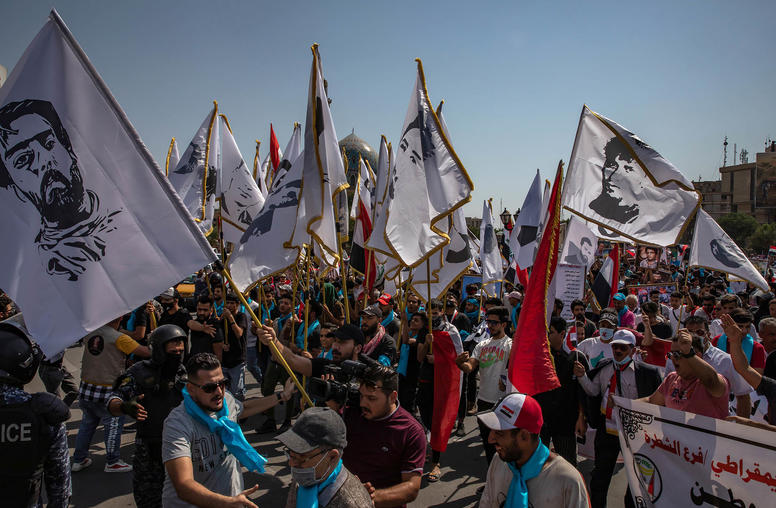
A Year After Elections, Iraq May Finally Be Set to Form a Government
Iraq hit two anniversaries this month. Three years ago in October, Iraqis rose up to protest the failure of the Iraqi government and political class in delivering basic services, providing jobs, fighting corruption and more. One of the outcomes of those protests was early elections, which were held on October 10, 2021, but have yet to yield a government. The last year witnessed crippling political gridlock, as the winner of the 2021 national parliamentary elections, Moqtada al-Sadr, eventually withdrew from the political process after failing to form a government.
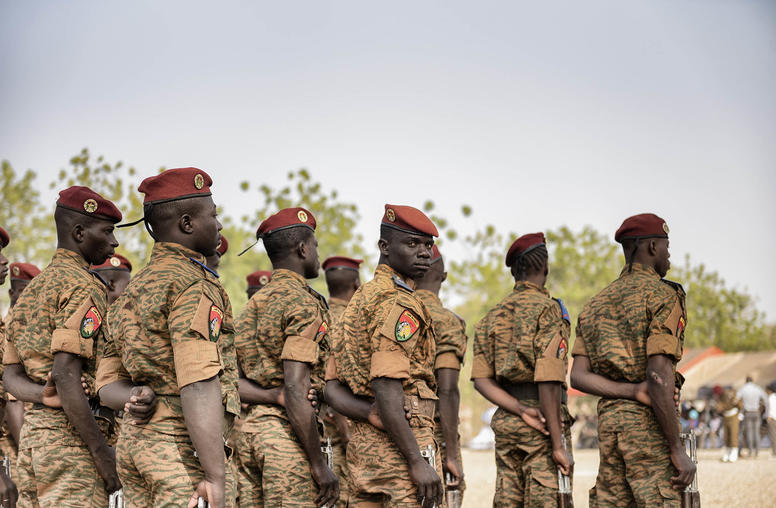
Another Coup in the Sahel: Here’s a Way to Halt This Cycle
This month’s coup d’etat in Burkina Faso, the seventh in 26 months around the Sahel region, only extends the Sahel’s long agonies of failing governance, civil wars and violent extremism. Military-led intervention by France and other outside powers has failed to stem the widening destabilization of a landmass and population vastly bigger than those of the recent U.S. wars in Afghanistan or Iraq. U.S. and international security require a policy reset that addresses the Sahel crisis’ causes rather than its symptoms. In Burkina Faso and other states, this means supporting inclusive processes of national dialogue that can mobilize whole of the society to address those causes.
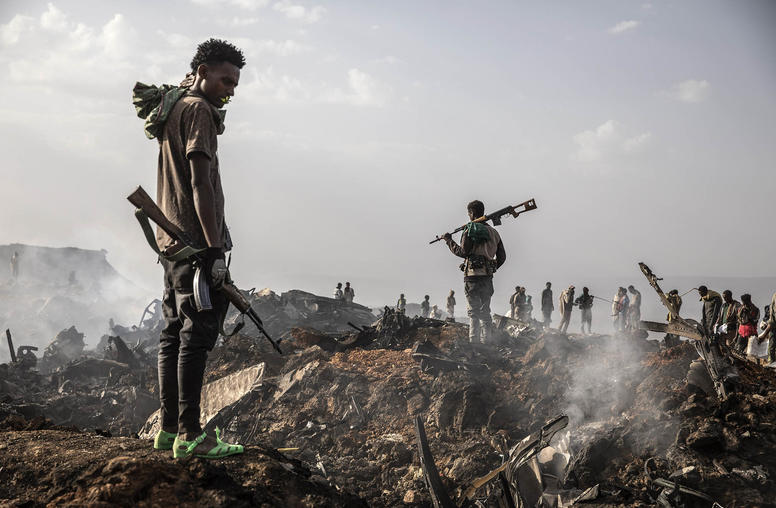
Ethiopia’s civil war is raging. How can it get on track toward peace?
In August, the devastating conflict in northern Ethiopia resumed, effectively ending the March 2022 humanitarian truce between the Ethiopian federal government and Tigrayan forces, which many hoped would pave the way for a negotiated cease-fire and peace talks. This week, the African Union’s chairperson called for an immediate cease-fire and U.S. Secretary of State Antony Blinken also called on the parties to cease hostilities and participate in talks organized by the African Union. What comes next in Ethiopia will have major implications for its people, the strategically vital Red Sea arena and for U.S. interests in the region. Stepped up, senior-level U.S. engagement is direly needed to get Ethiopia on a path toward peace.
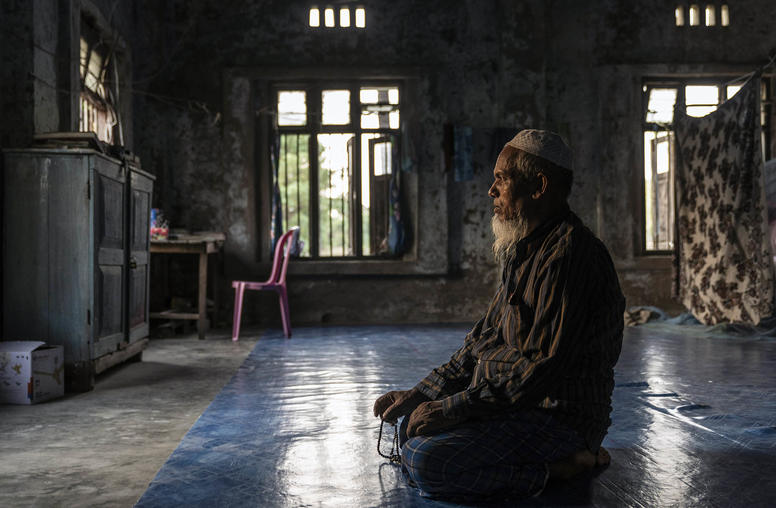
Maintaining International Religious Freedom as a Central Tenet of U.S. National Security
In 2021–22, USIP’s Religion and Inclusive Societies Program convened a bipartisan working group of advocates, academics, and former government officials to discuss how the United States can advance global peace and stability by embracing international religious freedom as a major pillar of its diplomatic engagement. This report, written by the working group’s co-chairs, examines the history of the US commitment to international religious freedom and the challenges to ensuring that it remains a central tenet of US foreign policy and national security.
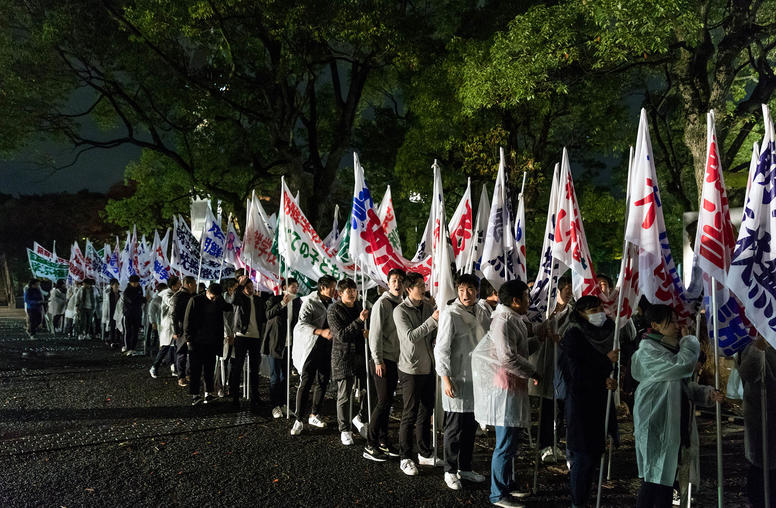
Citizenship Policy Reform in Japan as a Path to Cooperation with South Korea
Over the past two decades, increasingly vocal and visible anti-immigrant and, specifically, anti-Korean sentiment has risen in Japan’s public sphere. Internet chat rooms such as “2-channel” have become forums for anonymous posts expressing anti-foreign, anti-Korean and anti-Chinese sentiment. Similarly, anti-immigrant — and specifically anti-Korean — sentiment on the streets has increased through such organizations as the zaitoku-kai (the “Citizens group that will not condone special rights for Koreans in Japan”).
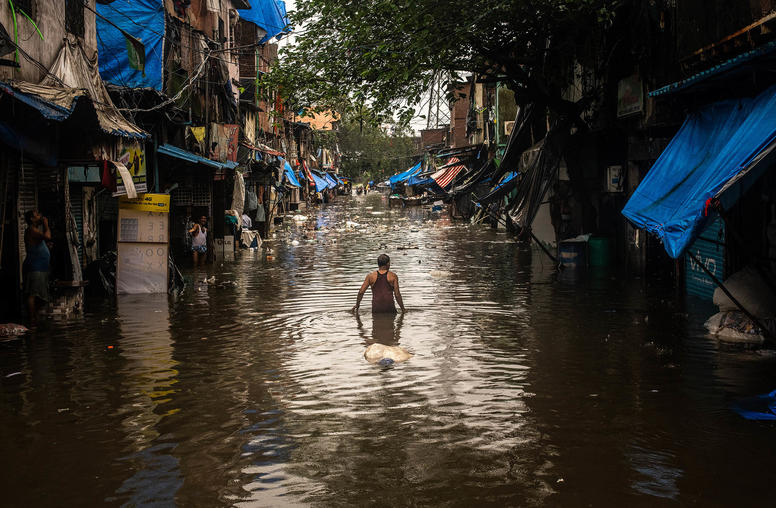
It’s Time for South Asia to Talk Climate
That India and Pakistan are engaged in backchannel track 2 diplomacy is the worst kept secret in South Asia. It does not take a vivid imagination to guess what dominates the agenda at these talks: Kashmir, terrorism, trade, perhaps crisis behavior under the shadow of nuclear weapons. Welcome as such conversations are, they are almost assuredly lacking focus on the biggest crisis facing the region’s inhabitants: climate change.

Keith Mines on Blinken’s Trip to Latin America
Venezuela was a recurrent topic of discussions during U.S. Secretary of State Antony Blinken’s recent tour through Latin America, says USIP’s Keith Mines: “The hemisphere is looking for a new approach to Venezuela … the previous consensus of just adding more pressure and hoping for the best is breaking down.”
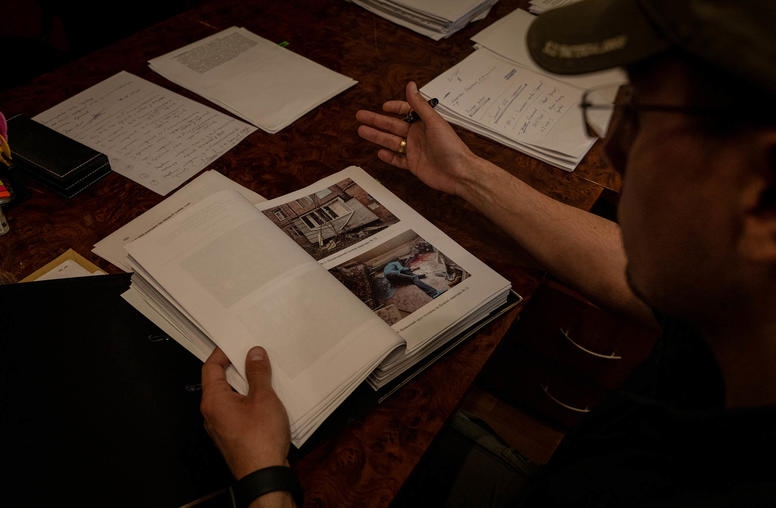
Nobel Peace Prize: Documenting Rights Abuses is Vital in Ukraine and Beyond
The award of the 2022 Nobel Peace Prize to one individual and two civil society organizations — from Belarus, Russia and Ukraine — recognizes the critical role civil society documenters play in holding states accountable for human rights abuses. The laureates have brought to light the breadth of abuses committed by authoritarian regimes in Belarus and Russia and the vast harms suffered by Ukrainians as a result of the Russian invasion. They also reflect a larger global trend, where civil society organizations document crimes in order to hold perpetrators accountable, memorialize the suffering of victims, and provide critical information to families on the fates of their loved ones.
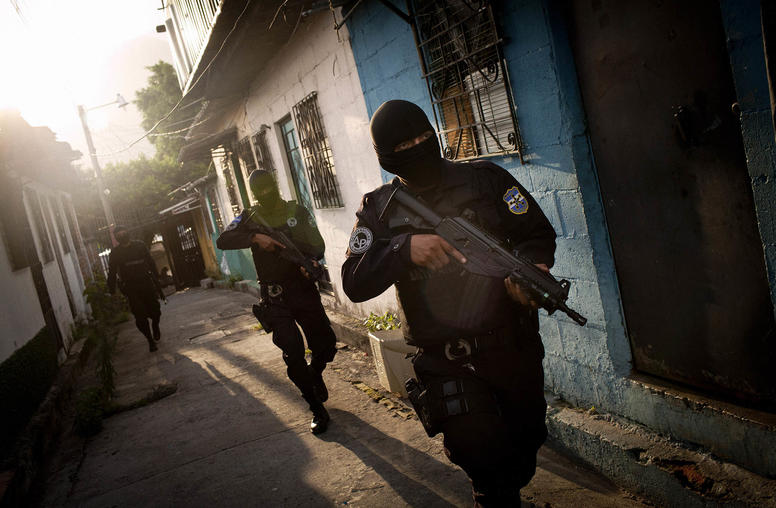
Ending El Salvador’s Cycle of Gang Violence
El Salvador has long suffered from cycles of extreme violence linked to powerful criminal gangs. National authorities have responded with both severe repression and secret appeasement. In public, governments may enact “mano dura” or “iron-fist” policies, which include mass arrests of suspected gang members. But in secret, Salvadoran leaders have negotiated with imprisoned gang leaders, providing them with benefits in return for ordering their members to dial back the bloodshed.

Could the Israel-Lebanon Maritime Border Deal be a Game-Changer?
Israel, Lebanon and the United States announced this week that a deal has been reached between Israel and Lebanon on each country’s maritime border. Negotiations between the parties over the 330-square-miles of the Mediterranean Sea have proceeded with stops and starts since 2020, but over the past few months edged toward a mutually acceptable outcome. Under the agreement, the contested waters will be divided by a line straddling the “Qana” natural gas field. Both parties would be able to produce gas on their side of the line, in addition to royalty arrangements agreed upon. A buoy line will remain between the two countries.